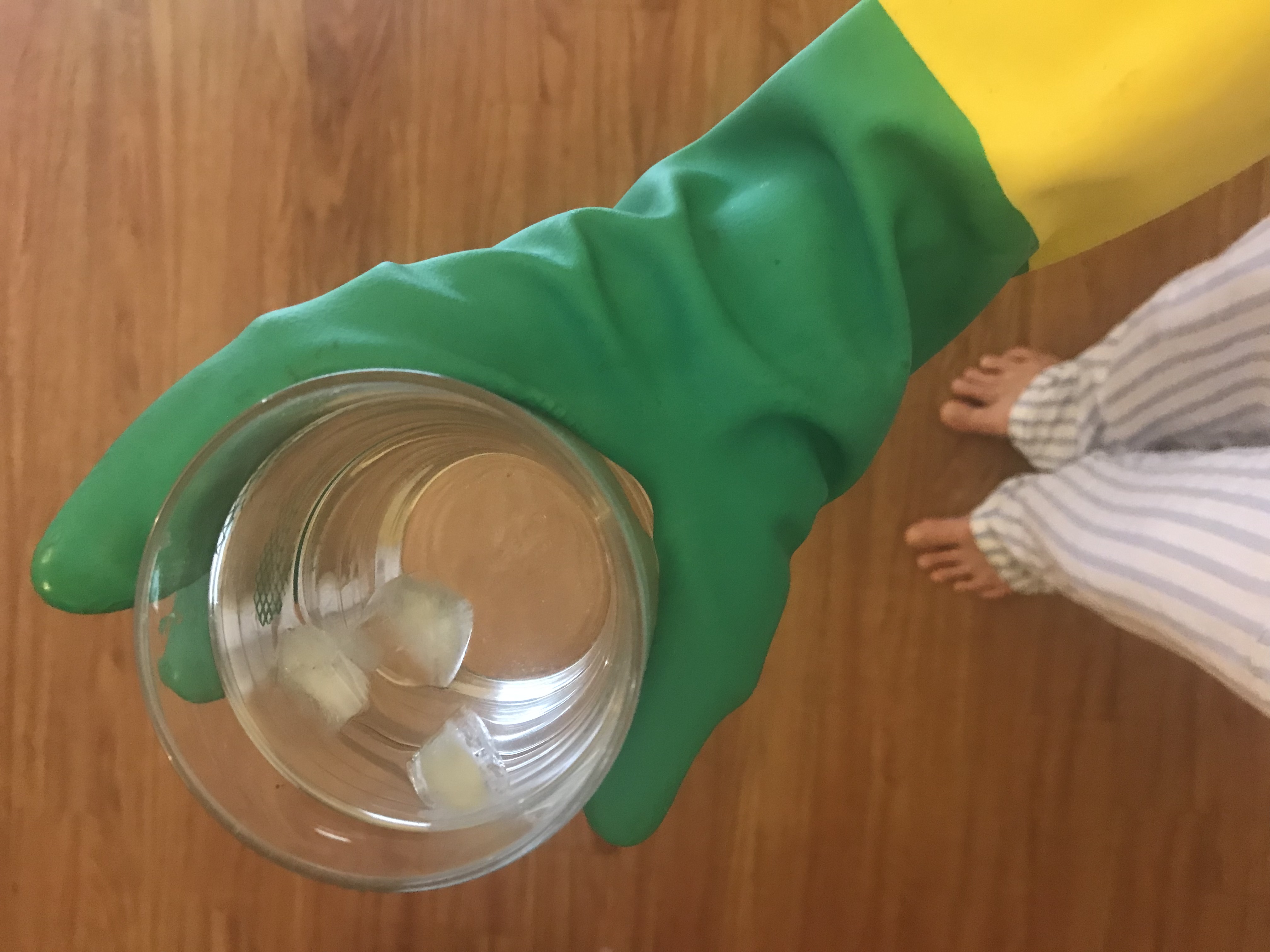Some heat islands
Helen Bromhead


‘Bloody Queensland, a new heatwave warning every week!’ reads a reply on an ABC emergency alert recalling the old Queensland tourism slogan, ‘beautiful one day, perfect the next’. <Lazy reporting of tweets> It’s Saturday 11 February 2023, Tropical Cyclone Gabrielle, or is it tc Gabbie?, tc Gabs?, is threatening ruin on Norfolk Island but has merely brought a heatwave to South East Queensland — low intensity. The forecast is for 37 degrees on Sunday or, more specifically, the mercury is set to hit 37° on Sunday according to The Courier Mail. <Insert dig at a Murdoch publication>
I’m a linguist studying the language of extreme weather, yet what words, other than mercury, do people say about a heatwave? It doesn’t have a name like a cyclone. It’s not like bushfires with your firiesand your choppers. Are heatwave survival plans even a ‘thing’? I learn the phrase dew point, but I’m fuzzy on what it is. Forgive me — it’sTFH — one of the few heatwave-related expressions in Australian English I’ve managed to collect — which stands for too fucking hot, in case you hadn’t guessed.
Heat’s known as the ‘silent killer’. More people die from heat than all other weather-related disasters combined. In policy and real-world practice, heatwaves fall into both the disaster and health spaces, so to say. And heat can affect mental health, too. Go troppo – think go nuts — is another heat-related phrase. Language has to be used to warn people, to try to get them to prepare, preferably not using go troppo. I also work on disaster messaging, and <deep breath> public communication should be clear and easy-to-translate into community languages.
‘Beat the heat!’, a lot of people want to say, but, although it sounds good in English, it doesn’t translate well. It’s best to avoid very colloquial phrasing or metaphors. How about ‘heatwave: how to stay safe’ as a workaround? <Caveat> That’s better, but heatwave is a very technical term in some languages, like Mandarin, not ordinary parlance. No one talks about heat.
Maybe we have to socialise heatwaves? Employ a publicity team. That’s kind of what they are doing in Spain and Greece by giving heatwaves names in the same way as storms. ‘We believe people will be more prepared to face an upcoming weather event when the event has a name’ says the meteorologist Dr Kostas Lagouvardos in The Guardian. In August 2022, in Seville, Zoe was the world’s first named heatwave or la ola de calor. Perhaps today we have Heatwave Gabrielle, hw Gabrielle, hw Gabs.
How do we face this weather event? —‘Seek a place to keep cool such as your home, a library, a community centre or a shopping centre’, recommends the BoM, aka the Bureau of Meteorology, so I’m staying indoors at home, not going for a run. Discretionary exercise is a bad idea in the heat.—‘If available, use a fan or an air conditioner’. Available could be simplified to ‘if you have one’. I’ve already turned mine on. I suppose they also mean ‘if you have the money to use one’, and ‘if the power is on’. When there’s news of a heatwave, talk turns to the grid, meaning the electricity infrastructure. Too many aircons can bring the grid into gridlock.
You’re also supposed to drink water, sometimes ‘sufficient water’, sometimes ‘an adequate amount of water’, sometimes ‘enough water’. Preferably, though, phrasing should use the same easily translatable words for the same concept through the message and avoid alternating between words. It might be better to say, ‘plenty of water’ or ‘a lot of water’.
Water-logged, air conditioner-blasted, confined to my home, it’s like being on an island. A heat island where outside’s storm surge of thermal radiation laps at the windows and doors. But that’s not really the definition of a heat island. A heat island, a term from urban planning, is a place, like a city, that is hotter than the places around it. In simple terms, this is because there are more people there, these people do a lot of things in this place, and fewer trees and plants are there.
Heat’s representation can be uncovered. It’s hidden, but lurking in slang, journalese, technical terms from meteorology and urban planning, and health and disaster messages. I’m hoping Heatwave Gabrielle is soon ex-Heatwave Gabrielle.
